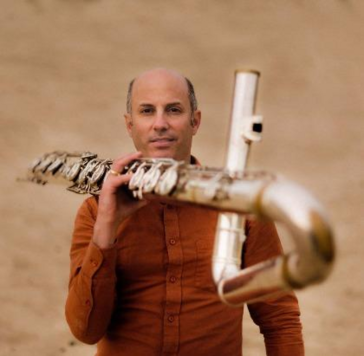How to open up spaces to make education more meaningful? The concept of space can involve educational interactions, relationships, contents and other relevant aspects relating to this purpose. The book presents three perspectives to engage in opening up spaces. It empowers pupils, students, and teachers to develop as unique individuals, better relate to the communities and cultural traditions to which they belong, and to develop new visions, understandings, and ways of living.This volume is the result of the search of a number of educational professionals on how to open up spaces to make education more meaningful. The opened spaces involve educational interactions, relationships, contents and other relevant aspects relating to this purpose.
Dit Trendrapport Open Educational Resources 2013 beschrijft de trends op het gebied van open educational resources (OER) en open onderwijs in binnen- en buitenland, geschreven vanuit de context van het Nederlandse hoger onderwijs. Dat gebeurt aan de hand van vijftien artikelen van Nederlandse experts op het gebied van open en online onderwijs. Ook bevat het vijftien korte intermezzo’s met spraakmakende voorbeelden.

Ik wil vandaag vooral ingaan op de vraag hoe gedrag als object van studie gedefinieerd kan worden en hoe daar onderzoek naar gedaan kan worden. Aan de orde komen achtereenvolgens de psychologische, pedagogische, epistemologische en professionele plaatsbepaling van het lectoraat, dat als opdracht heeft om praktijkgericht onderzoek uit te voeren naar gedrag in de educatieve praxis. Die opdracht zal ik verbinden met de noodzaak om onderzoek naar gedrag van leerlingen en leraren te verbinden met onderzoek met en door leerlingen en leraren (c.q. studenten).

Students in Higher Music Education (HME) are not facilitated to develop both their artistic and academic musical competences. Conservatoires (professional education, or ‘HBO’) traditionally foster the development of musical craftsmanship, while university musicology departments (academic education, or ‘WO’) promote broader perspectives on music’s place in society. All the while, music professionals are increasingly required to combine musical and scholarly knowledge. Indeed, musicianship is more than performance, and musicology more than reflection—a robust musical practice requires people who are versed in both domains. It’s time our education mirrors this blended profession. This proposal entails collaborative projects between a conservatory and a university in two cities where musical performance and musicology equally thrive: Amsterdam (Conservatory and University of Amsterdam) and Utrecht (HKU Utrechts Conservatorium and Utrecht University). Each project will pilot a joint program of study, combining existing modules with newly developed ones. The feasibility of joint degrees will be explored: a combined bachelor’s degree in Amsterdam; and a combined master’s degree in Utrecht. The full innovation process will be translated to a transferable infrastructural model. For 125 students it will fuse praxis-based musical knowledge and skills, practice-led research and academic training. Beyond this, the partners will also use the Comenius funds as a springboard for collaboration between the two cities to enrich their respective BA and MA programs. In the end, the programme will diversify the educational possibilities for students of music in the Netherlands, and thereby increase their professional opportunities in today’s job market.
